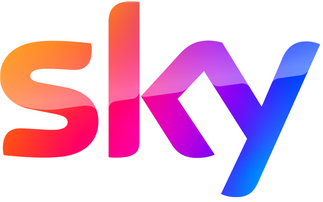End of the line for the company that built the Psion Organiser
Mobile computing pioneer Psion is to be swallowed up by Motorola Solutions in a $200m (£130m) cash deal. Motorola is paying a 45 per cent premium on the value of Psion's closing price on the Lon...
To continue reading this article...
Join Computing
- Unlimited access to real-time news, analysis and opinion from the technology industry
- Receive important and breaking news in our daily newsletter
- Be the first to hear about our events and awards programmes
- Join live member only interviews with IT leaders at the ‘IT Lounge’; your chance to ask your burning tech questions and have them answered
- Access to the Computing Delta hub providing market intelligence and research
- Receive our members-only newsletter with exclusive opinion pieces from senior IT Leaders





















